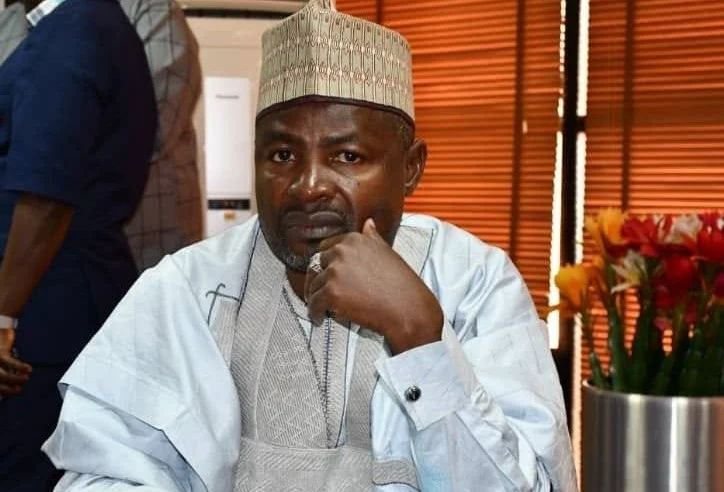How funding, manpower shortfalls hamper anti-corruption war – Acting CCB chair
The acting chairman of the Code of Conduct Bureau (CCB), Barrister Murtala Aliyu Kankia, has said poor budget funding and inadequate manpower of staffing were topmost among factors hampering the success of anti-corruption efforts in the country. He said this during the formal inauguration of ‘The Proceed of Crime Recovery and Management Department’ Wednesday in […]

barrister murtala aliyu kankia
The acting chairman of the Code of Conduct Bureau (CCB), Barrister Murtala Aliyu Kankia, has said poor budget funding and inadequate manpower of staffing were topmost among factors hampering the success of anti-corruption efforts in the country.
He said this during the formal inauguration of ‘The Proceed of Crime Recovery and Management Department’ Wednesday in Abuja.
“One of our major challenges in the fight against corruption is the lack of sufficient funding and manpower.
“We are responsible for overseeing asset declarations across all public offices, including those in the 36 states and 774 local government areas. However, the resources currently allocated to us are woefully inadequate. Our capital budget is around N173m, which is far from enough to conduct thorough verifications of asset declarations, both domestically and internationally,” Kankia said.
- UK body, NOUN hold conference to drive development in Nigeria, Africa
- 4 remanded over murder of LG worker in Lagos
He also said the CCB’s staff has dwindled over the years, further straining its operations.
He said, “When the Bureau was established in 1979, we had about 1,008 employees. Due to resignations, retirements, and deaths, we now have fewer than 800 staff members. This number is insufficient to cover our extensive mandate, which includes not only the federal capital territory but also all ministries, departments, and agencies across the federation.”
He said the bureau also has an operational office.
“We are currently operating from the Federal Secretariat Complex, which doesn’t provide adequate accommodation for our offices and equipment. We also rent a small apartment in Asokoro and some other states, but this is not enough,” he said.
He said the inauguration of the new department, which aligns with the Proceeds of Crime (Recovery and Management) Act, marks a critical step forward in the CCB’s anti-corruption mission.
He said, “This new department will strengthen our relationship with other agencies such as the Independent Corrupt Practices Commission (ICPC), the Economic and Financial Crimes Commission (EFCC), and the Nigerian Financial Intelligence Unit (NFIU). Together, we will make a stronger push against corruption.”
In a goodwill message, the chairman of the Independent Corrupt Practices Commission (ICPC), Dr Musa Adamu Aliyu, SAN, noted the significance of the Proceeds of Crime Act (POCA), which provides a legal framework for asset recovery in Nigeria.
“With POCA, we now have the means to recover and manage these assets, but there are still challenges.
“Asset recovery is not just about identifying stolen funds but also bringing them back to where they can be used to benefit the public,” Aliyu said.
He said the CCB will record more successes in combating corruption if it collaborates with both local and international bodies.
He said, “Whistleblowers play a vital role in exposing corrupt practices, but without adequate protection, they are vulnerable to reprisals. The CCB should advocate for stronger laws to protect whistleblowers and ensure that their reports are thoroughly investigated.”
Also, the Chairman Senate Committee on Ethics, Privileges, and Public Petitions, Senator Neda Imasuen, commended the creation of the new department as a major milestone in Nigeria’s anti-corruption efforts.
“The department must foster a culture of integrity and professionalism, ensuring that its operations are beyond reproach and that its outcomes are measurable and impactful,” Imasuen, who was also the chairman of the event, said.
